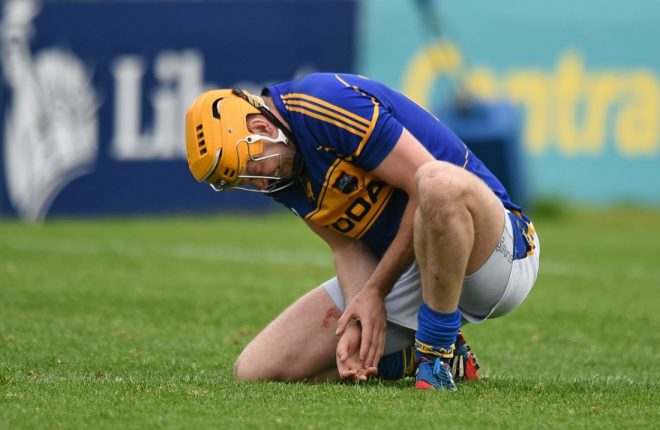
Players are burning out, and we need to understand why, says Pauric Grimes
Last week I wrote about the benefits of including deloads into your training program. That prompted a series of questions asking if I believe in player burn out.
Player “burn out” is a controversial topic, as there is so much compelling evidence to support the claim that it’s prevalent in the current landscape of Gaelic Games.
I’ve seen it, and lived through it myself. Although not a particular gifted footballer as many young GAA players I threw myself into the game as much as I could. At one point in time I was training for club minors, seniors and school teams as well as playing games and loving every second.
By twenty two years old I had hung up the boots. Was I burnt out? If not me, what about the boys who played county football. That meant they had an extra few training sessions and matches to fit in to an already stuffed schedule too.
It begs the question of why so many high performing minor players don’t translate into successful senior footballers. Have they burnt out too?
If you look at professional sports “burn out” is a rarity, so why has it become so common in GAA? Are we asking too much of our young players physically? Or is it that we are demanding too much from them mentally?
In terms of being physically able to perform, young players are built for it. They naturally recover faster and if managed well then burn out shouldn’t, and never will be an issue. If you are smart with your approach to training “burn out” will not come in to the picture. In its most basic form “burn out” is really just another phrase for “under recovered”. If you apply the tips and advice I’ve given in the past with regards to recovery; Hydrating, Sleep, Replenishing Carbs, Foam Rolling, etc, then your body will always be ready for what you ask of it. Unfortunately the mind may not respond in kind.
When I stopped playing it was a combination of things. I had started working part time as a personal trainer. I was finishing off my time in Belfast and extra study was called for to make up for the first two years of frequenting Renshaws and The Bot, but mainly, I’d fallen out of love with the game. It wasn’t as enjoyable as it was when I was younger. There was a time where you could literally pick up a ball and play all day without a thought. Once you begin resenting the game you will find ways, consciously or not, of removing yourself from it.
As long as we look after our young players, advise them on how to optimise their recover and allow them to enjoy playing GAA, they won’t burn out. We’ll be able to watch the young stars transition from minor to senior without falling through the cracks and falling out of love with the game they grew up playing every day.
If you’re feeling “burnt out” then take a step back, do everything you can to help physically recover and then remember what it is you love about the game. You’ll be back to your best in no time!
For more training and nutritional advice you can catch me on Snapchat, Instagram, Twitter and Facebook by simply searching PGthePT, or go to www.pgthept.com and sign up to my email club to receive some top notch info every Monday, Wednesday and Friday!
Receive quality journalism wherever you are, on any device. Keep up to date from the comfort of your own home with a digital subscription.
Any time | Any place | Anywhere











